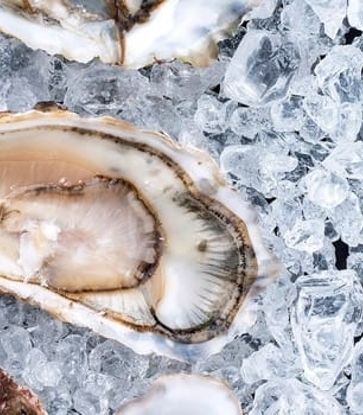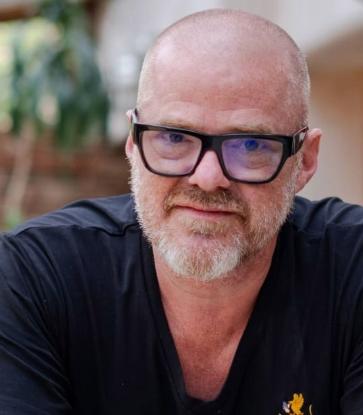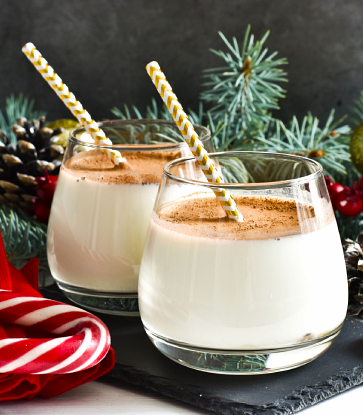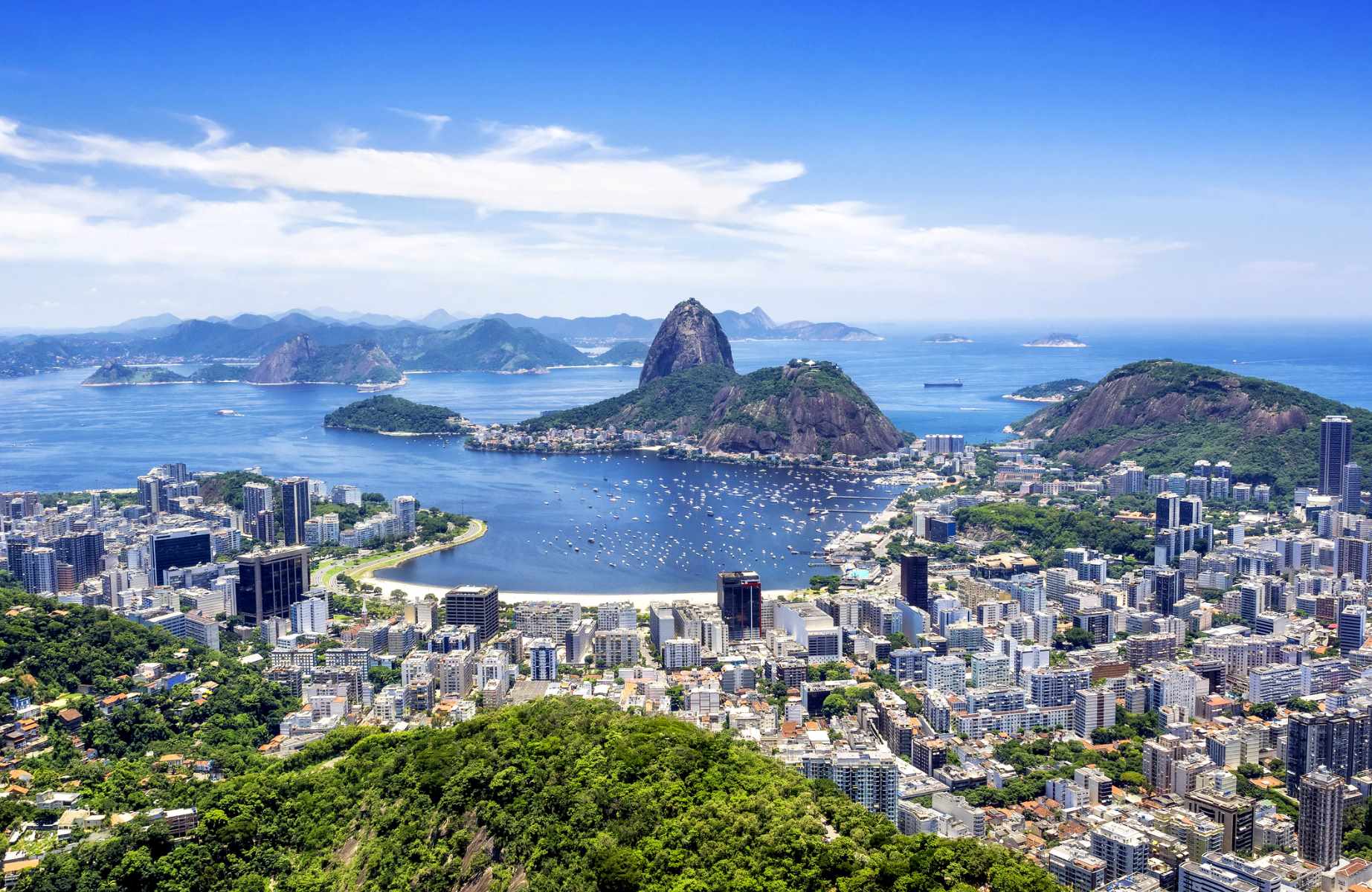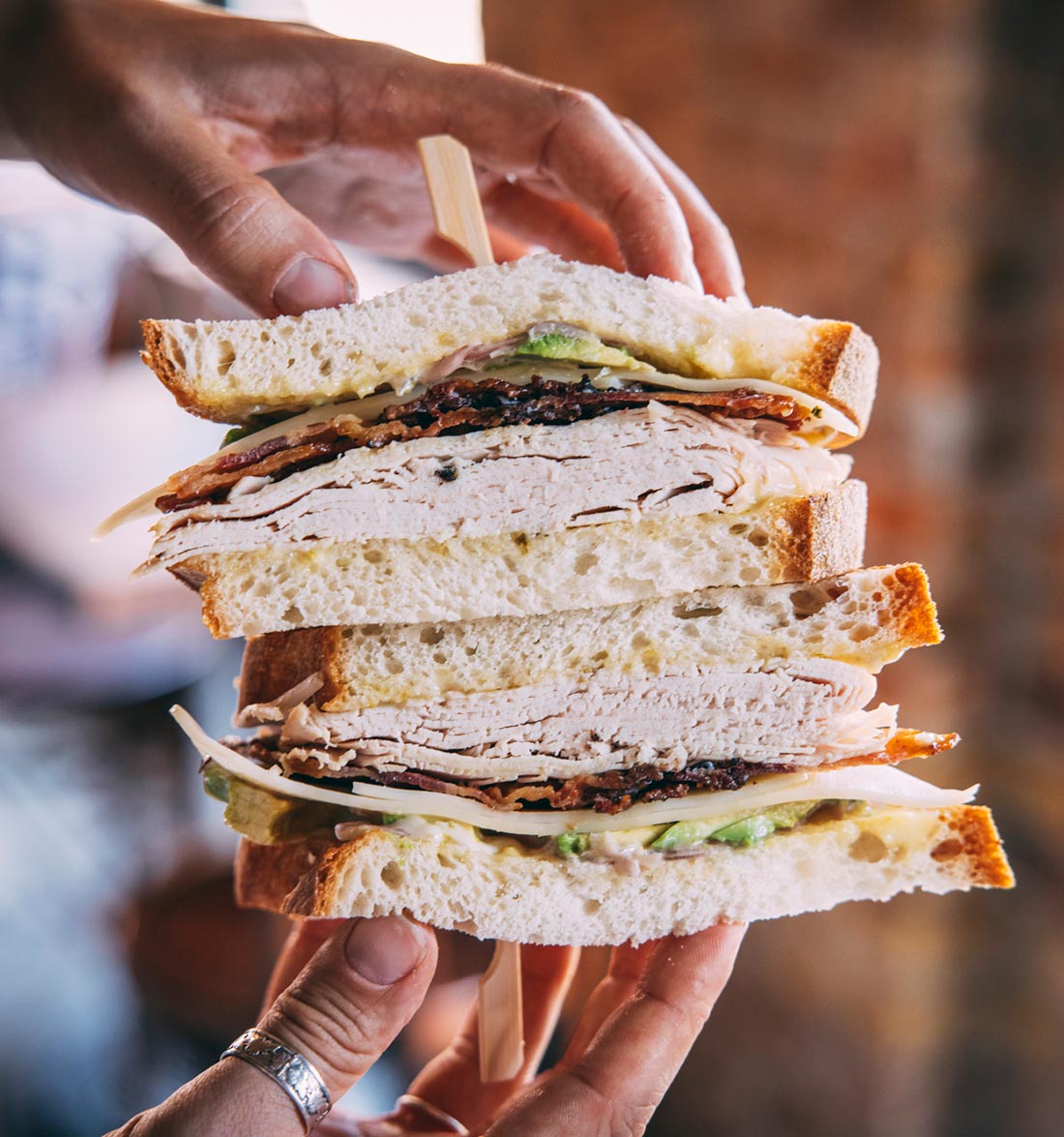But how much more do we know of water beyond that? For instance, drinking water has to be purified, and ideally contain calcium and magnesium ions that are more easily absorbed by the body than when taken in pill forms.
We uncover some lesser-know facts about water.
What is purified water?
Purified water is water that has been mechanically processed to remove impurities such as bacteria, pollutants and minerals. Distilled water and reverse osmosis (RO) water, commonly available on the market, are examples of purified water.
What is hard and soft water?
Generally speaking, water hardness is dependent on the amount of minerals present. Calcium and magnesium are the most common minerals that make water hard; fewer minerals means soft water. Whether hard water or soft water is more beneficial is still being debated; however, researchers have found an association between drinking hard water and cardiovascular disease mortality, pointing out that hard water is connected to lower mortality rate. If you are uncertain about your water, consulting your doctor is the best course of action.
What kind of minerals can you find in water?
Minerals present in water include calcium, magnesium, sodium, phosphorus, sulphur, chlorine and more. These are elements that occur naturally in the crust of the earth. They are also integral to the composition of the human body and its systems. However, they cannot be synthesised by the body; they must be consumed via means such as food or water.

The optimal temperature that gives water its purest taste is in the range 10-12℃. If boiling tap water, it is best to drink when slightly warm or at room temperature. When the water boils at 100℃, take the lid off the kettle and leave the heat on for 3 to 5 more minutes in order to reduce the amount of trihalomethanes, a compound that affects your central nervous system.
Is bottled water safe and good for your health?
Many investigations have revealed that most bottled waters are substandard, for reasons such as insufficient labelling about their source, treatment, etc. For safer and more hygienic water, consider buying those sourced from less polluted areas, like New Zealand and Fiji, or check if the bottle says 'bottled at source' on its label, which indicates the water's purity (unprocessed and uncontaminated by pipes). Remember to pay attention to the water's nitrate content; it comes from chemical and industrial pollution, and can be harmful to the human body. The lower the nitrate content, the purer the water.
Can other beverages replace water?
Coffee, tea, alcohol and soft drinks do not necessarily hydrate your body; if anything, these drinks tend to act as diuretics.
Do we really need 8 glasses of water a day?
That number is for reference only; the amount of water you need is dependent on your activity. Usually a person’s daily need can be calculated by [Weight x30 - 45ml]. Example: if you weigh 70kg, your suggested daily water intake should be 2100~3150ml. Don’t drink water only when you are thirsty; your body is already dehydrated at that point. Do make a habit of drinking water regularly. However, those prone to kidney, liver and heart failure should take care not to drink too much water.




